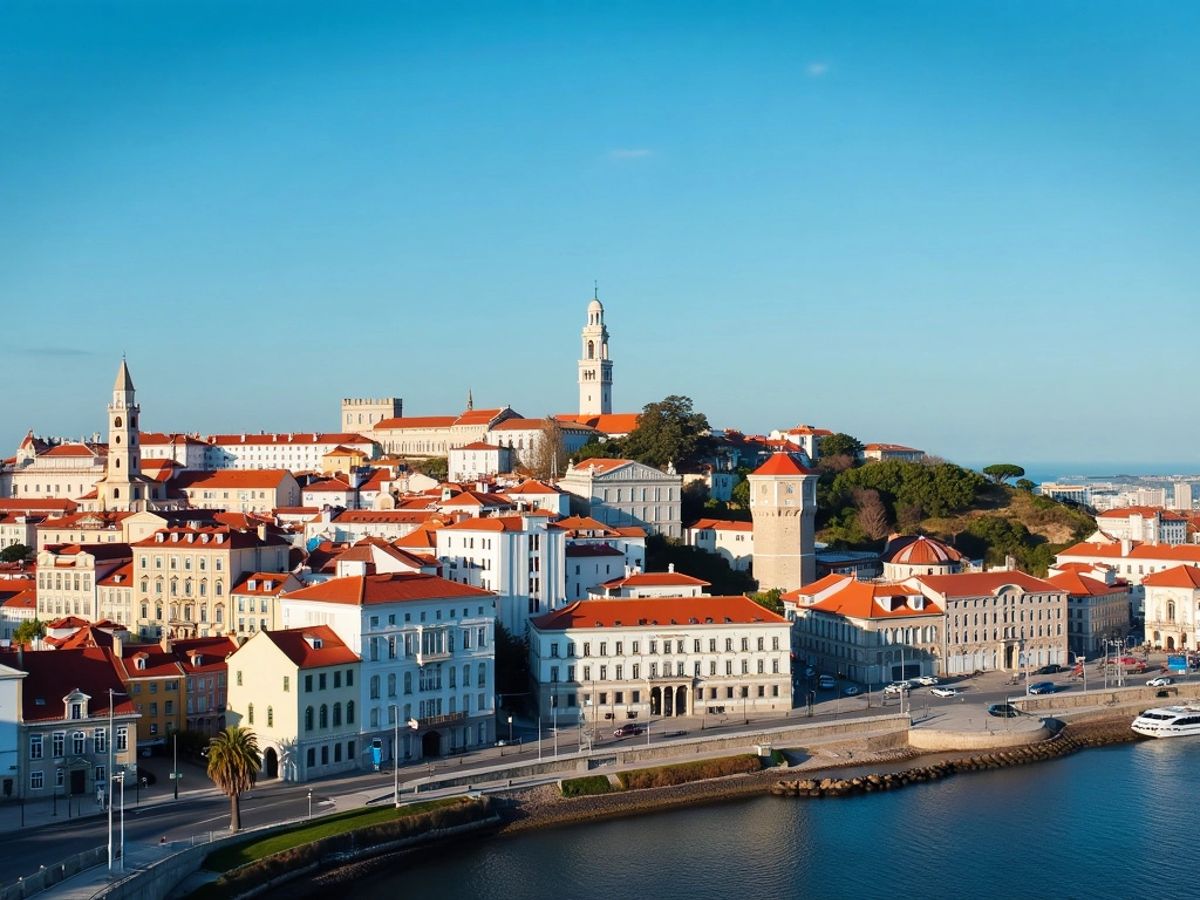Portugal’s government has projected an annual economic growth rate of 2% for both 2024 and 2025. Despite anticipated increases in spending, the government also foresees small budget surpluses for these years, marking a cautious yet optimistic economic outlook.
Key Facts
- Growth Projections: The government expects a 2% annual growth rate for 2024 and 2025.
- Budget Surpluses: Small budget surpluses of 0.3% of GDP in 2024 and 0.2% in 2025 are anticipated.
- Increased Spending: Primary spending is projected to rise by 8% in 2024 and between 4% and 5% in 2025.
- Tax Revenue: Tax revenues are expected to increase by 4% to 4.5% each year.
- Economic Context: Last year, the economy grew by 2.3%, and the budget surplus was 1.2% of GDP.
Economic Projections
Portugal’s government has set a target for the economy to grow at an annual rate of 2% in both 2024 and 2025. These projections are part of the economic outlook for the draft 2025 budget, which the center-right minority government has been presenting to opposition parties. The projections are slightly lower than last year’s growth rate of 2.3%.
Budget Surpluses and Spending
Despite the anticipated rise in spending, the government expects small budget surpluses. For 2024, a surplus of 0.3% of GDP is projected, while a 0.2% surplus is expected for 2025. Primary spending, which excludes debt servicing costs, is expected to increase by 8% in 2024 and between 4% and 5% in 2025. Tax revenues are projected to rise by 4% to 4.5% each year.
Political Challenges
Since taking office in April, the new government has faced several setbacks in parliament, with opposition parties blocking some of its fiscal proposals. This has raised doubts about the approval of the budget bill later this year, which would be the administration’s first major survival test. However, Prime Minister Luís Montenegro and main opposition Socialists’ leader Pedro Nuno Santos have expressed willingness to negotiate the budget to avoid another election after two early general elections in as many years.
Recent Economic Performance
Last year, Portugal’s economy expanded by 2.3%, and the budget surplus reached 1.2% of GDP, the strongest in 50 years of parliamentary democracy. However, the economy grew by only 0.1% in the second quarter of this year, compared to 0.8% in the previous quarter, due to weaker net exports and a slowdown in private consumption.
Government Initiatives
The new administration has implemented several measures to boost growth, including increasing pensions and public sector salaries. Additionally, the government has promised tax cuts for the middle class, young people, and companies.
Conclusion
Portugal’s government remains cautiously optimistic about the country’s economic future, projecting steady growth and small budget surpluses despite increased spending. The coming months will be crucial as the government navigates political challenges and seeks to implement its fiscal policies.












